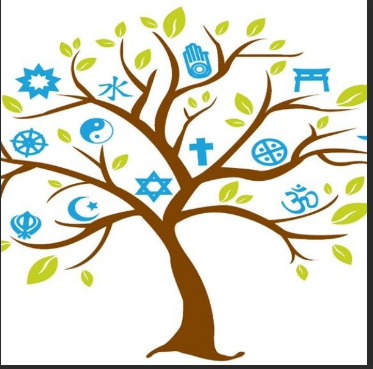Epitome Perennial signifies a marked stature of Perennialism by which utmost representation epitomizes uniqueness in leadership and style.
Epitome Perennial is a narrative from the top of the mountain, projecting downward upon the paths below seeking the summit of 'Perennialism'.
As defined by Norman D. Livergood, in his book "The Perennial Tradition", Perennialist art is,
“The conscious production or arrangement of words, sounds, colors, forms, movements, or other elements in a manner that enables a person to understand truth and beauty.” (137)
This includes Justice, and other Forms in the Higher Realm.
Moreover,
“Perennialist ideas create an empowered activism built on solidarity." (140)
"Perennialist art leads to human liberation in all areas of life." (141)
"The defining characteristics of perennial art are psychic upheaval and epiphany: the disruption of the psyche and production of higher consciousness." (145)
"The perennial tradition's goal is to infuse day to day living with a transcendent awareness that helps humans learn to commune with higher forces about them." (162)
Furthermore,
Perennialists believe that one should teach the things that one deems to be of everlasting importance to all people everywhere. They believe that the most important topics develop a person. Since details of fact change constantly, these cannot be the most important. Therefore, one should teach principles, not facts. Since people are human, one should teach first about humans, not machines or techniques.
Conclusively,
We learn to take the physical forces of our universe for granted: ordinarily we would not try to walk on water, but we step out on ice with confidence. In the same manner, we must have confidence that there are natural forces in the spiritual world which we can rely on. One of our greatest sources of power is the sureness of our conviction in the existence of these higher forces and their assistance in our efforts to inhabit the world. We must believe that we can count on higher forces assisting our best efforts as they lead humankind in a constructive, forward movement in its evolution." (177)
PERENNIALISM:
Perennialists believe that the focus of education should be the ideas that have lasted over centuries. They believe the ideas are as relevant and meaningful today as when they were written. They recommend that students learn from reading and analyzing the works by history's finest thinkers and writers. Essentialists believe that when students study these works and ideas, they will appreciate learning. Similar top perennialism, essentialism aims to develop students' intellectual and moral qualities. Perennialist classrooms are also centered on teachers in order to accomplish these goals. The teachers are not concerned about the students' interests or experiences. They use tried and true teaching methods and techniques that are believed to be most beneficial to disciplining students' minds.
The perennialist curriculum is universal and is based on their view that all human beings possess the same essential nature. Perennialists think it is important that individuals think deeply, analytically, flexibly, and imaginatively. They emphasize that students should not be taught information that may soon be outdated or found to be incorrect. Perennialists disapprove of teachers requiring students to absorb massive amounts of disconnected information. They recommend that schools spend more time teaching about concepts and explaining they are meaningful to students. The only example I can think of would be a class about religion or history. The instructor would use religious books and historical documents. -- Theories of Education: Perennialism
Perennialists as Teachers:
Perennialists teach principles rather than facts. They believe that whatever is taught should be used throughout your life. Instead of just being taught something ridiculous and never using it, they believe that teaching something worthwhile and meaningful are the best for growth. This link defines perennialists and gives a little bit more information on what they believe. "Since people are human, one should teach first about humans, not machines or techniques. Since people are people first, and workers second if at all, one should teach liberal topics first, not vocational topics"
Perennialism
- Rooted in realism
- 3Rs, moral and religious training; Greek, Latin, grammar, logic and geometry; the liberal arts.
- Expounds the past and teaches universally agreed upon knowledge and cherished values of society.
- Teacher is a master of subjects and guides discussion.
- Common curriculum for all students; student interests are irrelevant.
On the philosophy of Perennialism:
Epitome Perennialism.mp3
Further Readings
https://archive.org/stream/perennialphilosp035505mbp/perennialphilosp035505mbp_djvu.txt
http://www.worldwisdom.com/public/slideshows/view.aspx?SlideShowID=41&SlideDetailID=379
http://education101intrototeaching.pbworks.com/w/page/10076924/Theories%20of%20Education%3A%20%20Perennialism
Examples are the go-cart of judgments: Min 1:07:00, www.youtube.com/watch?v=ViWvAnvT17c
The idea of the perfect ideal -- Min 1:21:00 — https://m.youtube.com/watch?

